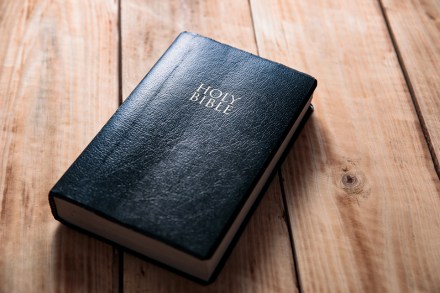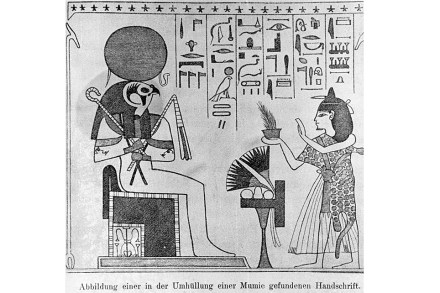The Viking roots of ‘Thirlby’
Last month hundreds of Westminster street signs were auctioned off. Their design with san-serif capital letters was the work of Sir Misha Black in 1967. One for Thirleby Road went for £240. It is not a famous street but my husband and I know people who live there, though they were not the lucky bidders. I had never got a satisfactory answer from our friends about how the street is pronounced. They do not know. I find this odd. How do they get home by taxi? The crux is whether it is two syllables or three. By chance, a trip with my husband to North Yorkshire last week resolved the




















